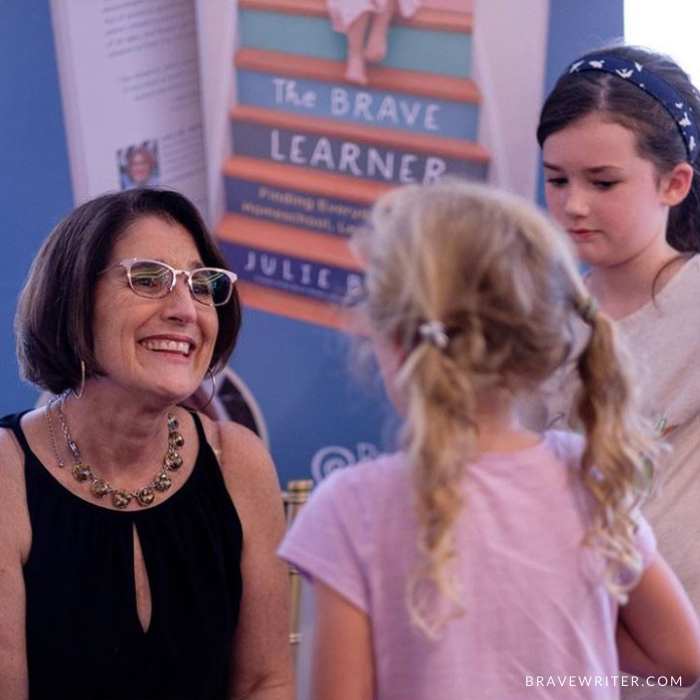Happiness

Happiness. That elusive subjective experience. I was thinking about it today—how we want our kids to be happy, but please Oh Guiding Force of the Universe, let them be happy about the right things! So you watch them light up over Fortnite but see a crest-fallen face as you drag your child away from the computer to the kitchen table.
Do you feel guilty? Do you wonder what to do? Should your child only ever play the game or watch TV—to ensure happiness? Or should you end the entertainment in favor of read aloud time or math problems, even if your child acts miserable or complains?
Whenever we transition from an effortless pleasure to a task that requires grit or concentration, a let down follows. You’ve experienced it—the transition from relaxing with a cup of tea while scrolling through Instagram, to regrouping to prepare lunch. One is easy—inducing a feeling of contentment. The other requires focus and work. The transition is felt as a loss. You don’t get to happiness automatically.
Your kids are the same. Don’t worry that happiness is not immediately evident in the schoolish task. Support the transition with a shoulder rub, or accompanying the little gal or guy from sofa to table, or by chatting about the fun first and then gathering energy for the new task. Happiness is not static. It ebbs and flows. You can confidently lead by letting your child know that sometimes fun is on the agenda and sometimes a pivot to the effort of intentional learning is the next item on the agenda—and you’ll be there to help that adjustment with kindness and companionship. Tolerating the momentary grief or sadness associated with the transition is how you support the move from one activity to the next.
Happiness matters, but it’s not the only emotion your kids will feel. It’s okay to help your child cope.
This post is originally from Instagram and @juliebravewriter is my account there so come follow along for more conversations like this one!


















